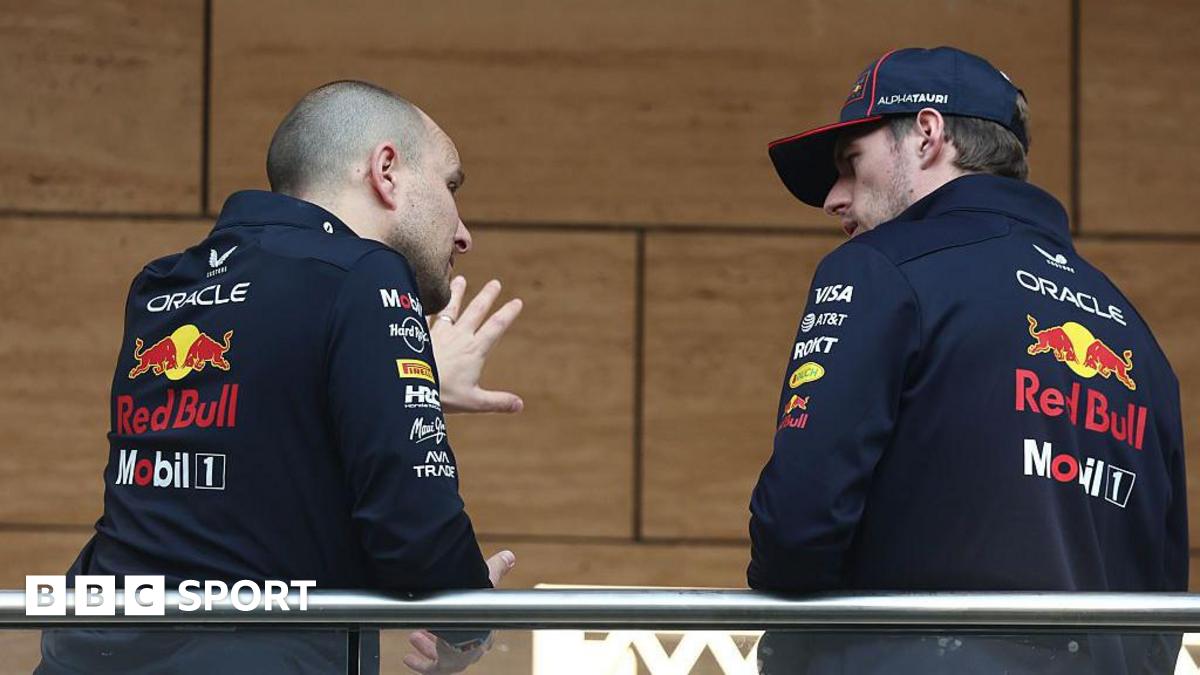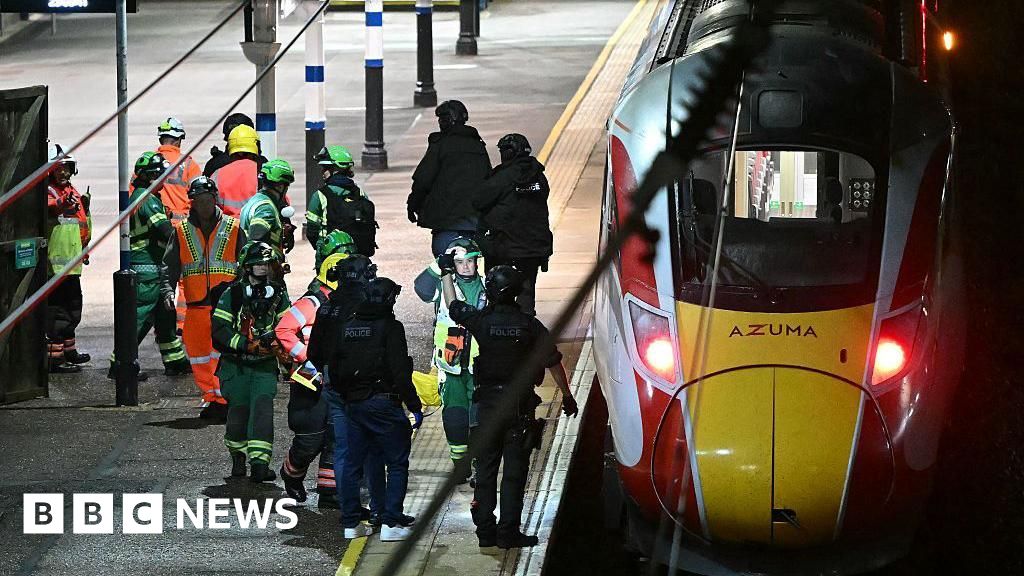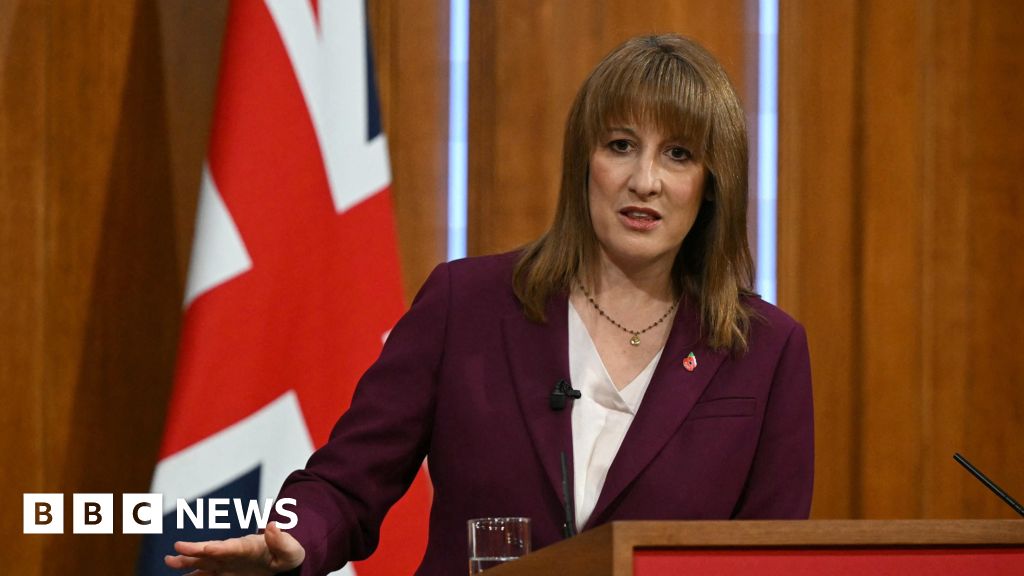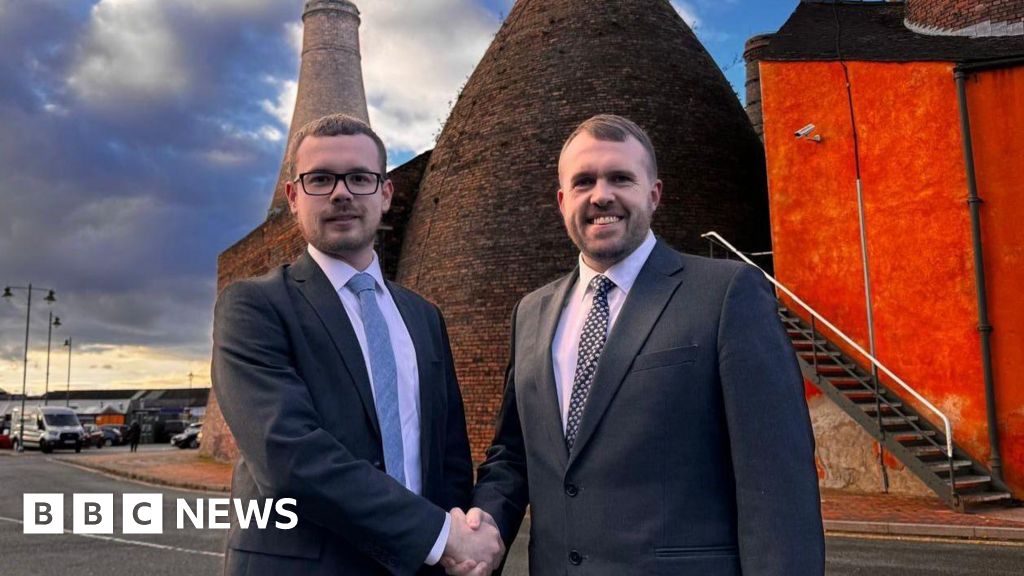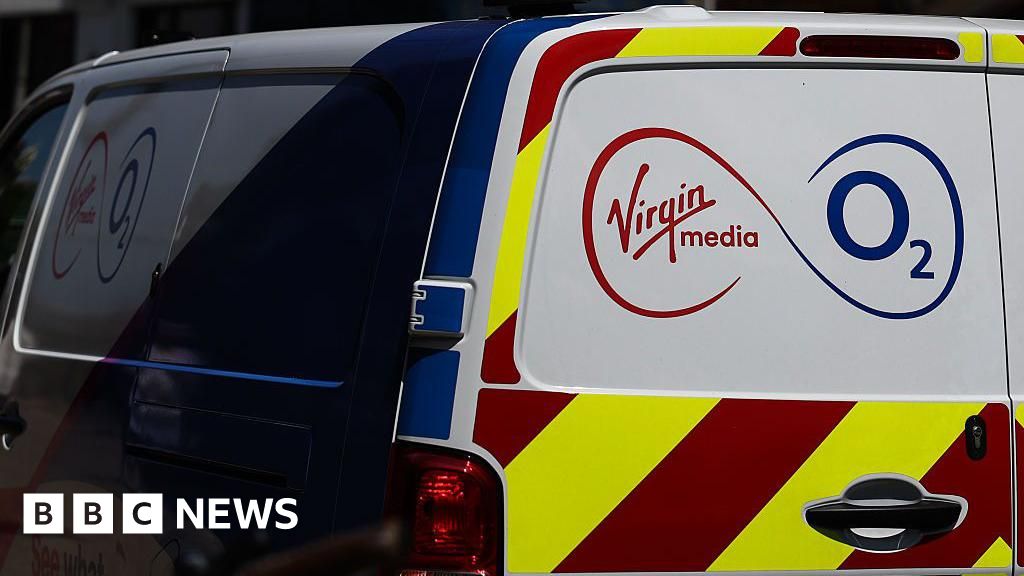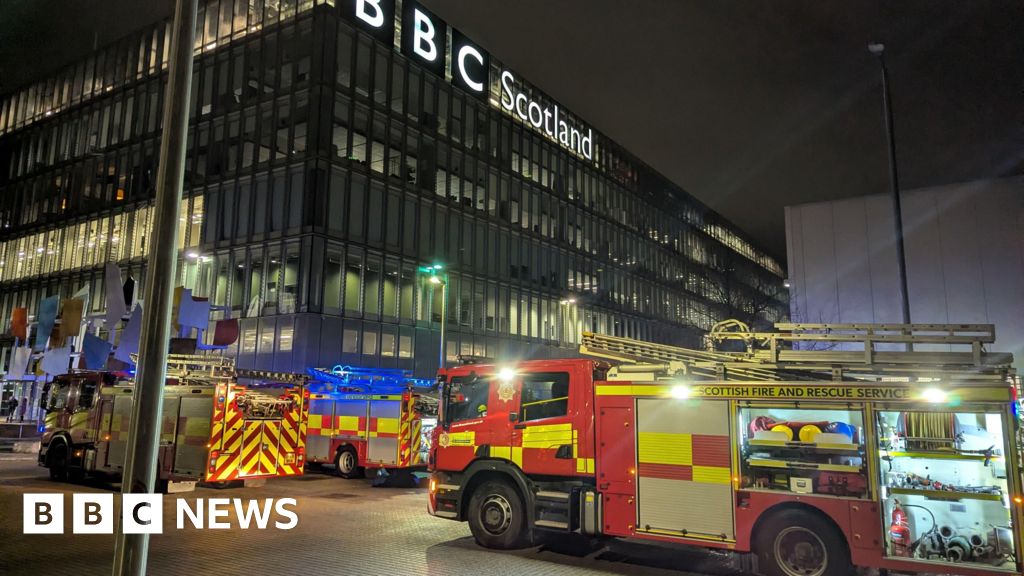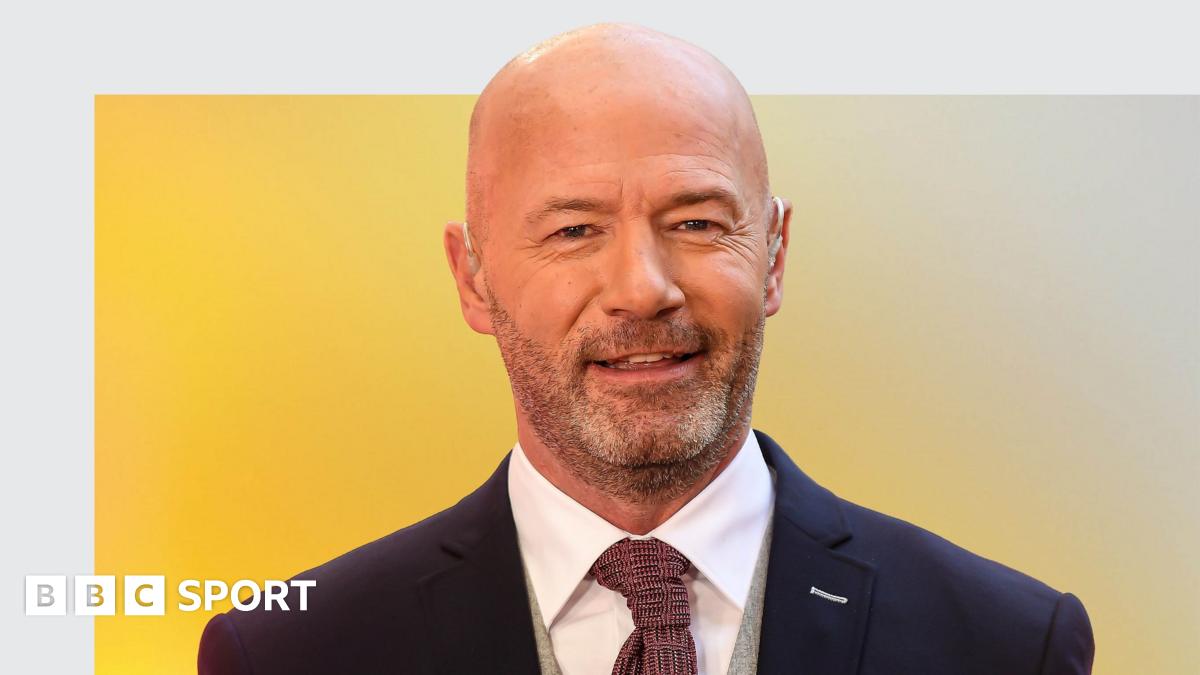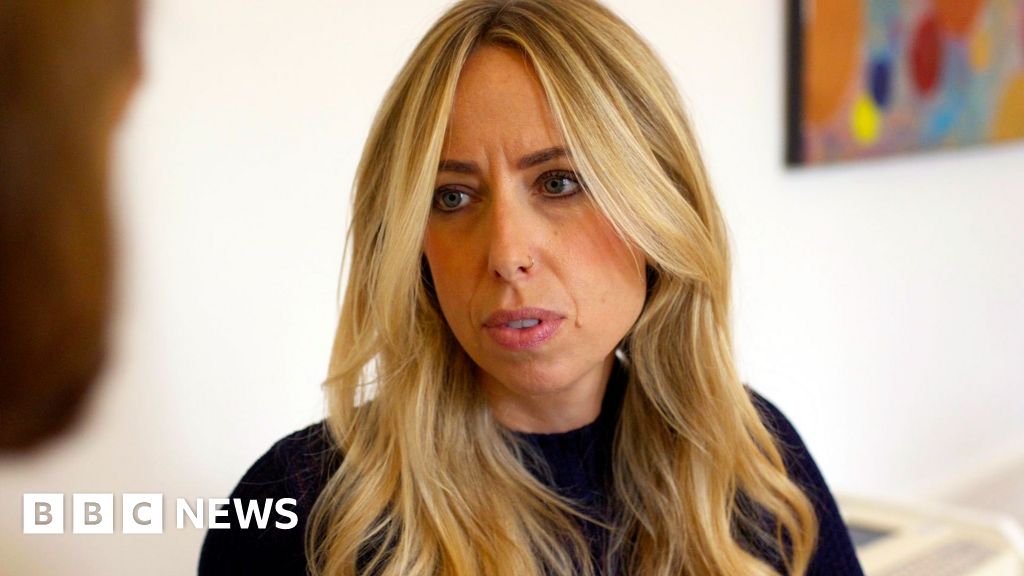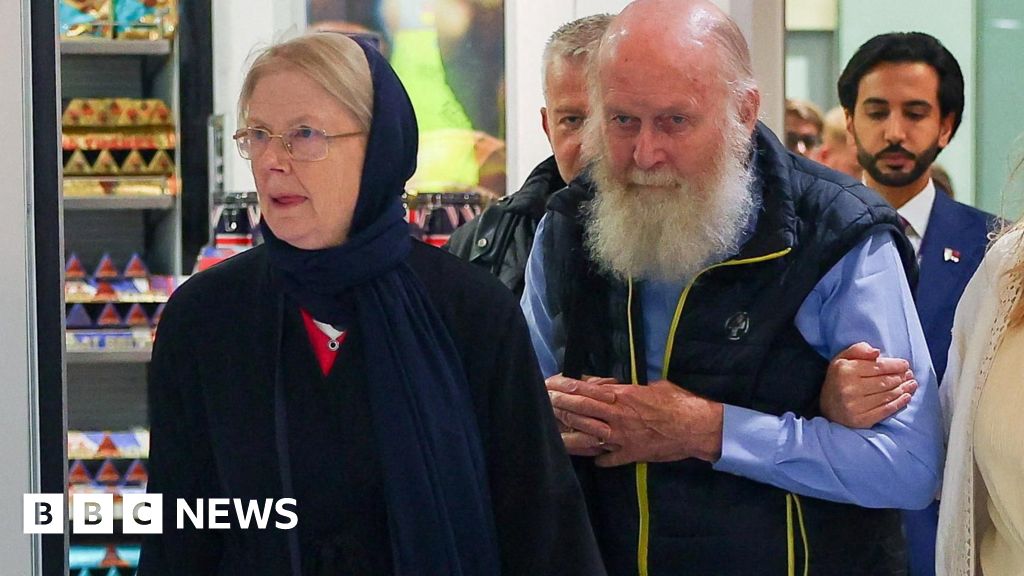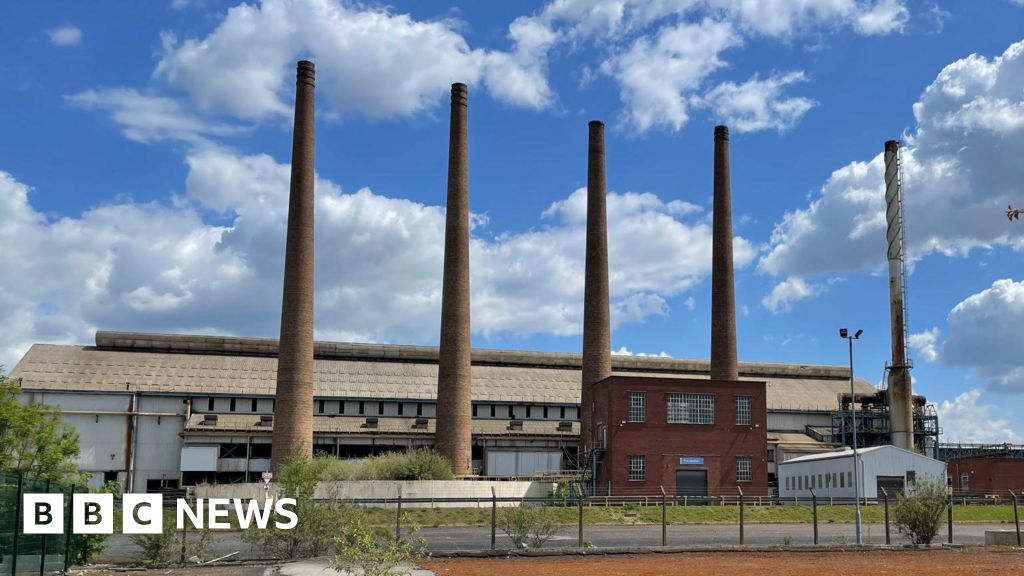Michael RaceBusiness reporter

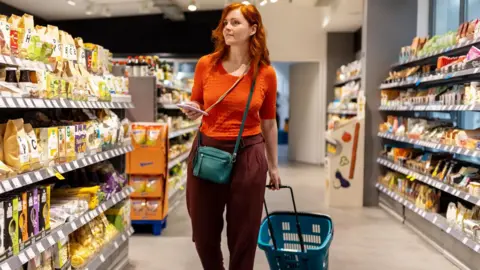 Getty Images
Getty Images
The bosses of Britain's biggest supermarkets have warned food prices could rise even further if higher taxes are imposed on the sector.
Grocers including Tesco, Asda, Sainsbury's and Morrisons signed a letter to Chancellor Rachel Reeves ahead of her Budget next month, along with Lidl, Aldi, Iceland, Waitrose and M&S.
They claimed households would "inevitably feel the impact" of any potential tax increases on the industry, such as higher business rates for supermarkets.
The Treasury said tackling food price inflation was a "priority" and said it was lowering business rates for "butchers, bakers and other shops".
In their letter to the Chancellor, supermarket bosses said if the industry was to face higher taxes, "our ability to deliver value for our customers will become even more challenging and it will be households who inevitably feel the impact".
"Given the costs currently falling on the industry, including from the last Budget, high food inflation is likely to persist into 2026," they warned.
"This is not something that we would want to see prolonged by any measure in the Budget."
Ahead of the chancellor's Autumn Budget next month, speculation is growing over her tax and spending policies.
She is widely expected to increase taxes following gloomy economic forecasts and a series of U-turns on cuts to welfare spending, which have made it more difficult for her to meet her self-imposed borrowing rules.
After announcing tax rises of £40bn in her previous Budget in November, which included a hike in the amount employers are required to pay in National Insurance Contributions, Reeves said she was "not coming back" for more tax rises.
But economists at the influential Institute for Fiscal Studies (IFS) have calculated a shortfall of £22bn in the public finances and suggested Reeves will "almost certainly" have to raise taxes.
The think tank cited rising borrowing costs for the government, weaker growth forecasts, and spending commitments made since the spring as reasons for the tight position.
Many industries in the run-up to the Budget often call on and lobby their views and position to the government, but rising food prices are once again putting pressure on people's finances.
The cost of many staples has spiked compared with butter prices up by 19% and milk over 12% along with chocolate and coffee rising 15%, according to the Office for National Statistics.
While higher taxes and minimum wage bills have hit supermarkets, food inflation has surged in part due to poor harvests globally, with disease and droughts affecting yields. Escalating trade tensions also have an impact.
Helen Dickinson, chief executive of the British Retail Consortium, which represents the UK's major supermarkets, said retailers were "doing everything possible to keep food prices affordable".
"But it's an uphill battle," she claimed, "with over £7bn in additional costs in 2025 alone," citing higher taxes.
The boss of Tesco, Ken Murphy, has previously said that "enough is enough" on business taxes.
The UK's largest supermarket said the higher National Insurance rate had cost it £235m this year, however, Tesco has upgraded its earnings outlook for the year, with expectations of full-year profits of between £2.9bn and £3.1bn.
Lidl revealed this week that its profits had surged threefold. Sales jumped by 7.9% as pre-tax profits hit £156.8m in the year to 28 February, up from £43.6m a year earlier.
The chancellor has previously said she is planning "targeted action to deal with cost of living challenges" in her budget, though on Friday she refused to rule out raising income tax, amid speculation she is considering breaking a key Labour election pledge.
Business rates
Supermarket bosses highlighted that part of the government's business rates reforms posed a problem for the industry, in particular the so-called business rates surtax, which is being levied on all large commercial premises.
Business rates are a tax on non-domestic properties such as shops, pubs and offices.
In last year's Budget, the government announced its intention to introduce two lower figures used to calculate such rates for retail, hospitality and leisure properties with rateable values below £500,000.
Meanwhile, firms with properties with rateable values at and above £500,000 will pay a higher amount, which the government says will include the majority of large distribution warehouses, such as those used by online retail giants Amazon.
It is expected that the chancellor will confirm the rates businesses will have to pay at next month's Budget, along with further details, which will come into force in April 2026.
But the UK's supermarkets have argued large retail premises were a "tiny proportion of all stores, yet account for a third of retail's total business rates".
They urged the chancellor to "ensure that the proposed changes to business rates result in a significant reduction to the industry's rates burden".
"The chancellor has rightly made tackling inflation her top priority, and with food inflation stubbornly high, ensuring retail's rates burden doesn't rise further would be one of the simplest ways to help," said Ms Dickinson.
The Treasury said that business rates would be adjusted to reflect changes in the overall value of the tax base, "so that the system continues to raise the same amount of revenue in real terms".
"If the total value of rateable properties increases, the tax rate will generally fall," it added. "This means that even if a specific property's RV goes up, its bill could still decrease if the reduction in the tax rate is large enough to offset the increase in value.
"Ultimately, what businesses pay after a revaluation depends on both the new RVs and the adjusted tax rate."
.png)
 1 month ago
27
1 month ago
27

